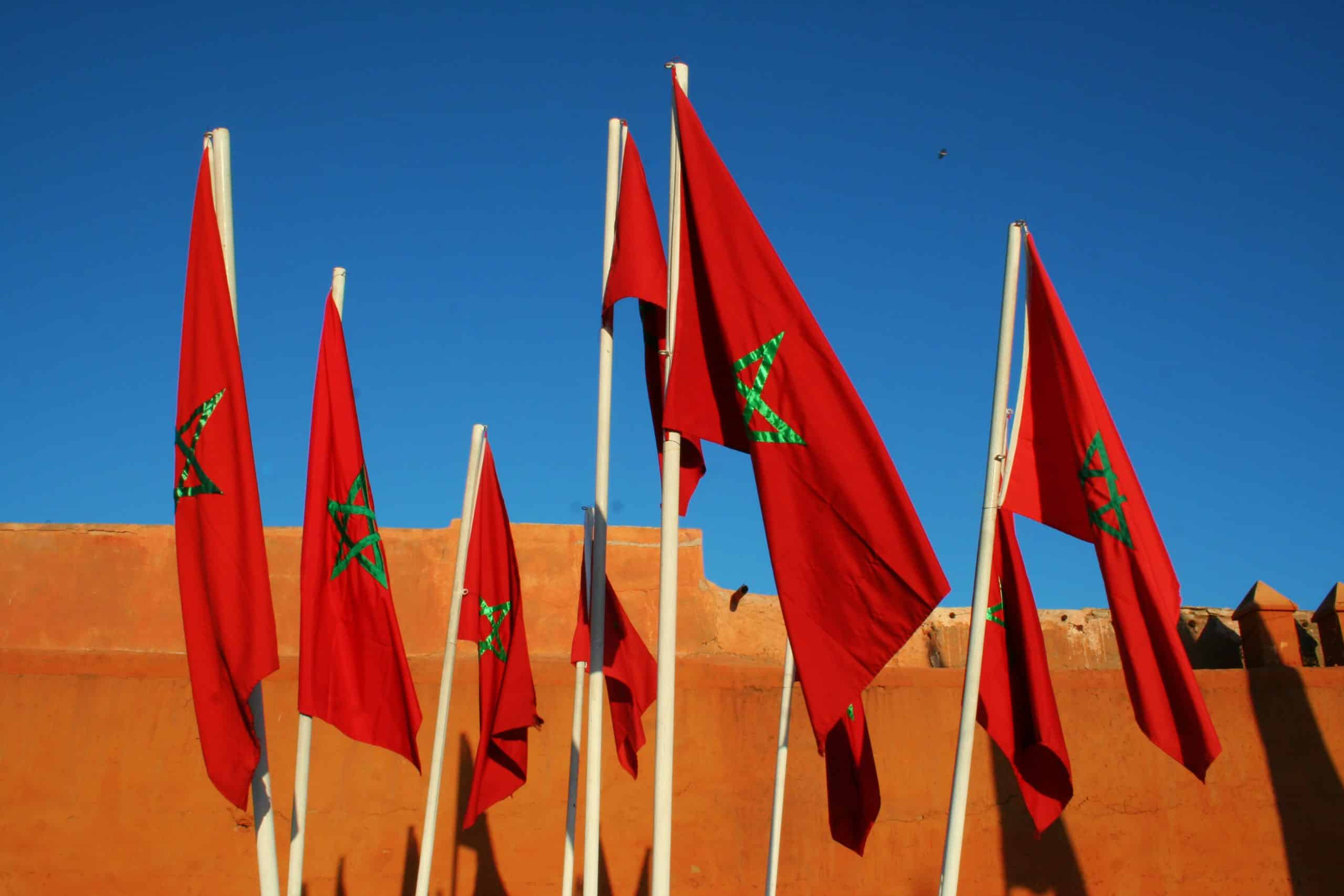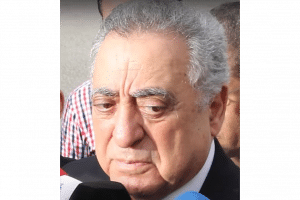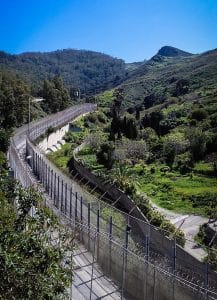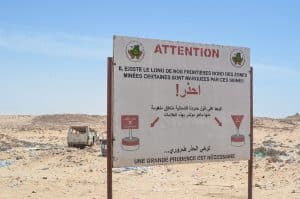The coalition government in Morocco seems to be shaking as senior coalition member Party of Justice and Development (PJD) has experienced clashes with two of its coalition partners, the National Rally of Independents (RNI) and the Party of Progress and Socialism (PPS). Arguing back and forth over several governmental issues and threatening with the option of breaking up the coalition, it seems far from stable. However, no actual rupture has yet taken place, as the coalition partners seem to realize that there are few options left but to stay in.
Coalition parties
Following the outcome of the 2016 general elections, the PJD emerged as the largest party with the mandate to form a government. Considering the fact that the other party with the second most seats, the Authenticity and Modernity Party (PAM), is a major critic of the PJD, cooperation between these two parties was never a realistic option during the formation process. So, in order to form a coalition and create a Parliament majority, the PJD approached many smaller parties like the PPS and RNI. Other coalition parties are the Popular Movement (MP), the Socialist Union of Popular Forces (USFP) and the Constitutional Union (UC), leaving the PAM as the largest opposition party, and creating a coalition with many parties holding different views. An important part of the coalition is to bring about reforms, the PJD has said. This counts especially after the 2011 Arab Spring, which also emerged in Morocco and led to a constitutional referendum later that year.
PJD under fire
Until the summer of this year, the coalition seemed to work well despite the coalition partners’ different views, and no major problems occurred between them. Things changed when in July, King Mohammed VI dismissed minister Mohamed Boussaid (RNI) of the ministry of Economy and Finance, following a proposal by PJD leader and PM Said El-Othmani, for reasons that have not been made clear. Boussaid was replaced by RNI member Mohamed Benchaaboun. At the end of the month, the king again took the advice of the PJD leader and dissolved the Secretariat of State in Charge of Water, which had been headed by PPS member Charafat Afilal. The PPS reacted by directing angry words at El-Othmani and the PJD. PPS Secretary-General Nabil Benabdellah claimed that his party had not been consulted or informed before the decision was made, for which he blamed the PJD. The clash caused tensions to grow between the two coalition parties, and as the tensions rose, the PPS went as far as to threaten with leaving the coalition. However, representatives of the two parties, including both their leaders, have met several times over the past month to reconcile and overcome their differences, with the PJD in particular openly keen on retaining the alliance between the two.
However, there were more problems to come for the PJD. Just as the tensions between the majority party and its coalition party started to ease, RNI member Rachid Talbi Alami made some criticizing remarks directed at the PJD, comparing them to Turkish president Tayyip Erdogan and claiming they were “destroying the country”. High-raking PJD member Slimane El Omrani declared these remarks to be “dangerous, offensive and unacceptable,” as well as threatening to the stability of the coalition. The RNI replied by defending Alami and accused the PJD of having done the same in the past to RNI members, and added that it was not up to the PJD to decide if the coalition would stay intact or fall – implying that the RNI too could decide to leave the coalition. The PPS, which meanwhile continued talks with the PJD, came in to point to the dire situation surrounding youth education and unemployment, and the focus that the coalition should have on these problems.
Workable options?
Looking at the continuing questions between the PJD and some of its coalition partners, the question rises which direction the current coalition will take. Several options are possible. Firstly, one of the coalition parties may indeed decide to leave the coalition due to continuing tensions which they cannot solve. In such a case, the coalition needs to find another partner or will become more narrow, or even lose its majority in case both partners decide to leave. However, keeping in mind the differences between the PJD and the largest opposition party, PAM, a coalition with both these parties will likely not occur. Most other parties are too small to fill the gap that the departing partners would leave behind.
Secondly, there is the possibility of breaking up the current coalition by holding pre-term general elections. Though this might seem like a drastic move at the moment, continuing tensions between coalition partners may lead to the king losing his confidence in the current state of affairs and choosing to dissolve the current Parliament, causing the need for pre-term elections. Since this has happened many times in the past, the option remains likely. However, this only seems to be an option once the parties have not managed to solve their internal problems by themselves, and a new coalition cannot be formed with the current election results.
Thirdly, the current coalition can keep going as such, despite the differences and tensions that have occurred and may occur in the future, and wait for the next general elections for Parliament to come (which will be in 2021 only). This currently seems to be the option that the coalition parties have chosen implicitly, given the many talks they conduct mutually to make amends after tensions have led to clashes.
Stick together
Despite the recent tensions among coalition party PJD and its partners PPS and RNI, the possibility has arisen that the parties will at least try to maintain their alliance. The coalition partners seem to realize that there are few other workable options which they can resort to, so, in the words of El-Othmani, they “cling to [their] alliance”. Only time and political circumstances will tell of the coalition will last, or if pre-term general elections are inevitable in the long run.
Sources: Morocco World News, Morocco World News II, Morocco World News III, Morocco World News IV, L’Économiste, www.maroc.ma
Photo: Flickr



